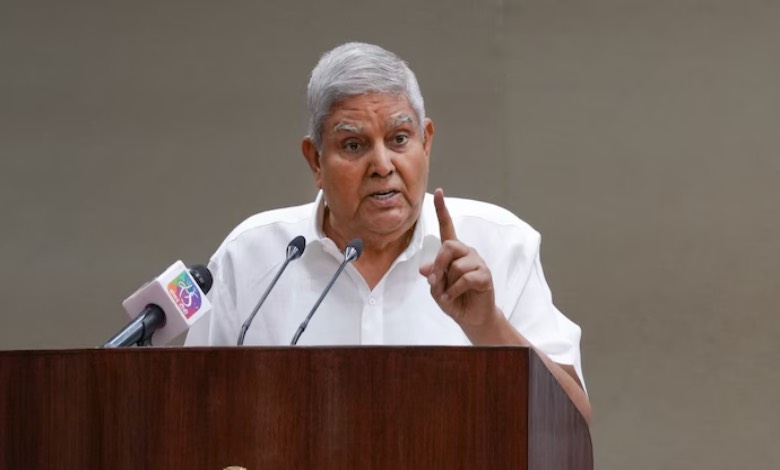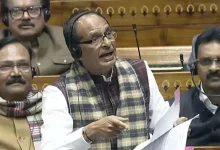VP Dhankhar Reasserts Parliamentary Supremacy, Criticizes Judicial ‘Overreach’
Speaking at Delhi University, the Vice President doubled down on his stance amid ongoing executive-judiciary debate, citing historical examples and recent court actions.

New Delhi: Vice President Jagdeep Dhankhar strongly reaffirmed the principle of parliamentary supremacy on Tuesday, renewing his criticism of alleged judicial ‘overreach’ during an address at Delhi University.
Amidst the continuing discussion regarding the roles of the judiciary versus the executive, Dhankhar declared, “Parliament is supreme,” adding that the Constitution does not envision any authority superseding the legislative body. He emphasized that elected representatives are the “ultimate masters” determining the Constitution’s content.
To underscore the point of accountability, he referenced the 1977 elections where the government that imposed the Emergency was voted out, stating, “let there be no doubt about it – Constitution is for the people.”
The Vice President also highlighted what he described as contradictory stances by the Supreme Court, citing the Gorkanath case (where the preamble was deemed not part of the constitution) and the Keshavanand Bharti case (where it was).
Dhankhar stressed the necessity of dialogue in a democracy, stating it “cannot be disrupted.” He cautioned against silence on important issues and condemned the destruction of public property, advocating for neutralizing disruptive forces through counsel or “even if a bitter pill is required.” He also urged citizens to “take pride in our Bhartiyata.”
These comments align with recent statements by several Bharatiya Janata Party (BJP) leaders and the Vice President himself, accusing the Supreme Court of encroaching on executive territory.
Dhankhar’s remarks came just a day after the Supreme Court itself alluded to these criticisms. During a hearing on a petition concerning West Bengal, Justice BR Gavai reportedly remarked, “As it is, we are facing allegations of encroaching into the executive (domain),” when asked to direct the President on imposing President’s rule.
Previously, the Vice President had criticized the Supreme Court for setting a deadline for the President regarding the signing of state-passed bills. He questioned the judiciary’s role, suggesting judges were legislating and performing executive duties without accountability under the law.




